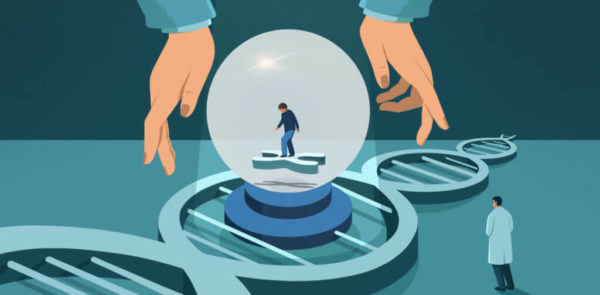The landscape of the consumer genomics market now would have been barely recognizable a decade ago. One study by scholar Andelka Phillips, then at the University of Oxford, found that as of January 2016, at least 246 genetics testing companies across the globe were selling their wares directly to customers online.
…
What is a consumer to believe? A few years ago, Helix, originally a spin-out of genomics giant Illumina (which makes many of the chips and machines used to analyze DNA), unveiled a “DNA app store” allowing third-party companies to sell products off its DNA testing. While these included the Mayo Clinic GeneGuide, a test that requires the sign-off of a physician and, with the help of Mayo Clinic professionals, interprets your genetic material for insights into things like disease risk and carrier screening, they also included the Vinome “wine explorer,” which claimed your genetic data could help predict what wine you’d like, a concept that University of North Carolina geneticist Jim Evans described to the publication STAT as “completely silly.” Helix has since announced a shift away from this “consumer-initiated” model, but there is still a lot of confusion over what genetic testing can and should be able to tell us.
Related article: Tracking autism: ‘Recalibrated’ test may better reflect progression over time















